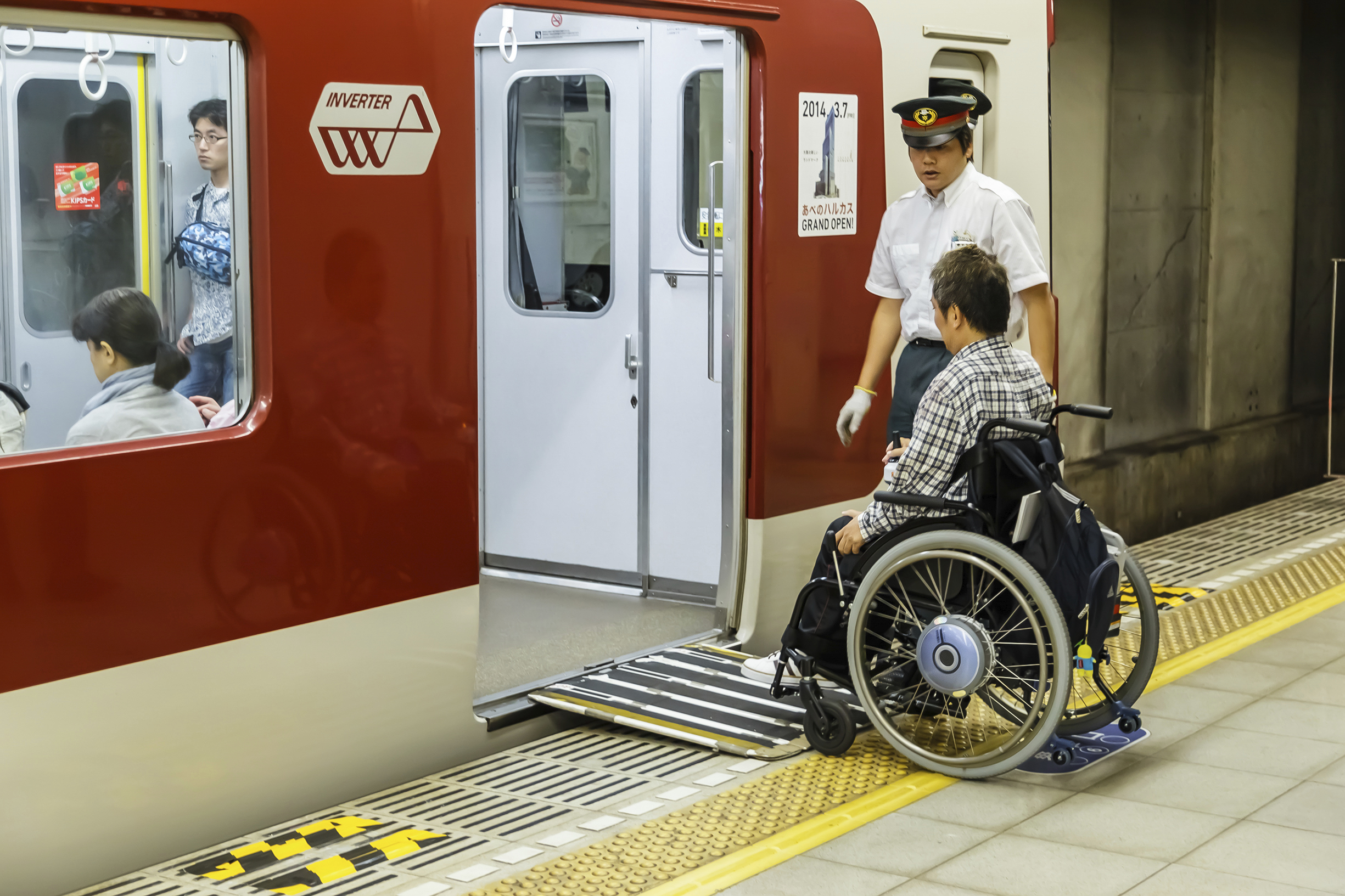When Prime Minister Shinzo Abe formed a task force last year to promote greater citizen involvement in whatever it is he is trying to accomplish, many people objected to the name of the group. "Ichioku Sokatsuyaku" reminded them of a slogan used before and during World War II that demanded national solidarity toward prosecution of the conflict. One of the people who took issue with the name was former pop idol Momoko Kikuchi, who had been asked to participate in the task force.
Kikuchi told the group that she wasn't sure about the name's implications, because she didn't think Japan was ready for "social inclusion" of every single citizen. She was speaking from experience, because her daughter has a physical disability and Kikuchi had found it difficult to find a school that would accept her because of it. Wherever she went, administrators — even those working for "special schools" — told her she should think of hiring a home tutor, and she wondered why Japan could not guarantee a public school education for her child. She noted to reporters that in Europe, citizens who have disabilities are full members of the societies in which they live, but such a notion "has not taken root in Japan."
In a sense, the exclusion Kikuchi talked about is built into the language. In its English-language edition, the Asahi Shimbun explained the task force name as meaning "the dynamic engagement of all 100 million citizens." The word katsuyaku, which is part of the name, is difficult to translate directly. Usually it's rendered as "being active" or "demonstrating (one's) ability," concepts that get to the heart of inclusion. The word "disability" means a lack of ability, and so "katsuyaku" may not seem to apply to people with disabilities, but, of course, there are many kinds of abilities. The astrophysicist Stephen Hawking cannot move his limbs or use his vocal cords to communicate, but he has contributed enormously to our knowledge of the universe. So the point Kikuchi is making is not how able you are, but what you can contribute.


















With your current subscription plan you can comment on stories. However, before writing your first comment, please create a display name in the Profile section of your subscriber account page.